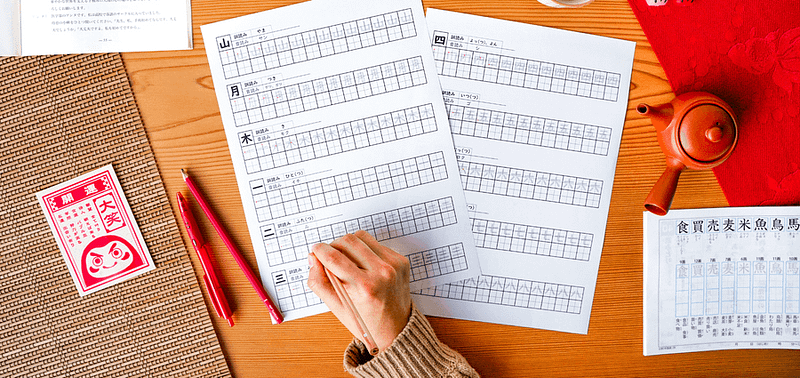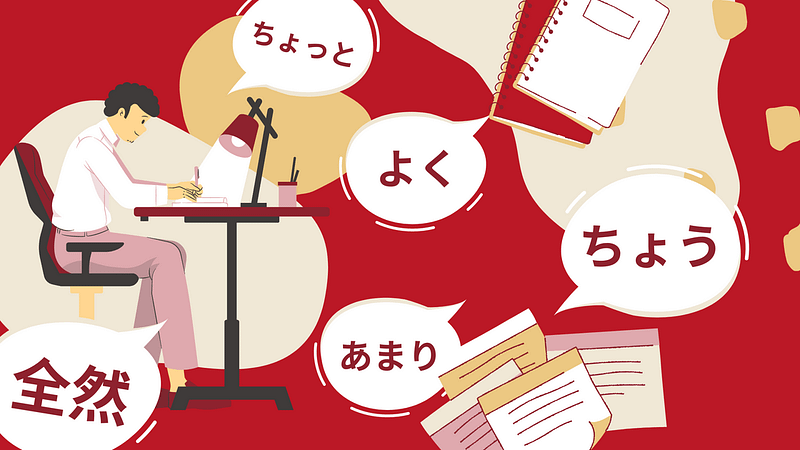a Studying Japanese in Japan might be your dream but what comes after that? Getting back into or even starting out in the world of work can seem a bit daunting but you’ve already made a move in the right direction by learning a new language and studying abroad. Why not make the most of your new skills and make a move into a Japanese-related career.
There are a few things you’ll need to think about to find a career using Japanese but it’s easier than you may have thought.
Making your CV shine
You’ve made the choice to start your Japanese-related career and making your relevant experience clear in your CV is key to successfully finding a job.
Depending on your home country, CV conventions can be very different. There are many countries that still ask for a photo and others where this would be considered quite strange. So first, things first, read up on your local CV requirements. However, whatever your home country, you will need to highlight experience and educational history.
Your time at language school should be the most prominent part at the top of your educational history. Make sure that the school, location and period of study are clear. You’ll also obviously want to make sure that the level you achieved is clear. If you took the JLPT then put this down too. It can also be very useful to show the equivalent type of qualification from your own country. When applying for a job with larger companies, your CV may likely pass through an HR department that may not be as familiar with the diplomas or JLPT qualifications.
Also, consider any work that you undertook while in Japan. Be sure to highlight the location of this as much as the experiences you gained and how you made use of your language skills. Always summarise work experience by your achievements during your time there.

Where to look for a Japanese language career
Job hunting nowadays in any country has a big focus on online searches. This is not any different for Japanese-related career. While this may seem obvious it’s still a pertinent point, keywords in your searches should be considered thoroughly before you start looking and remember to try adapting them to see what comes up. There are also plenty of dedicated jobs boards out there. Try searching by industry first but remember that there are plenty of specialist sites out there. Daijob is particularly useful and posts jobs for multinational companies looking for bilingual people. It’s a good way to find out what Japanese language careers might be out there.
Don’t forget to network! When you’re studying in Japan you will have met a lot of new people from all over the world. Make sure you keep in touch! You never know who may have contacts in different countries or different industries that interest you.
Get out and about. With giant conventions around the world like Comicon, Hyper Japan and so on, there’s plenty of chances to make direct contact with the types of companies that are looking for people just like you. It can be a brilliant opportunity to have fun and meet the people behind the companies that love Japan as much as you.

What types of jobs will require Japanese?
Traditional careers
As you might expect two of the main options available back in your home country when it comes to Japanese-related careers are likely to be in tourism or translation.
Translation is actually a pretty big industry and covers a few different areas. There are a lot of services that require translators which you may not have thought of, the police, consulate services, web companies and any global company that is looking to provide its service in other languages. Dual fluency means there’s plenty of choice depending on your other interests as well. For instance, if you’re particularly interested in the games industry but don’t quite have the artistic side you could always look at localisation jobs. The anime and manga worlds have similar opportunities too.
Tourism is a major industry that is often seeking dual language speakers. Similarly to translation, there are potentially a few more routes than you may have considered. Flight attendant is a great route if you like travelling a lot but can be a tiring job despite all the glamour. Other options include tourism boards like JNTO, working for embassies undertaking cultural exchange and promotion and travel writing. You could even become a tour guide in your home country for Japanese tourists.
Japanese Companies
You may have decided that you don’t want to stay in Japan after your language studies but that doesn’t mean you have to miss out on working for a Japanese company with global branches. Many of the world famous Japanese names like Sony, Square Enix, Nintendo etc. have bases in several countries around the world. Your language skills can be a great way to get into these companies and can also keep your routes back to Japan open if you decide to come back one day.
Getting your application in
While it should go without saying that your application should be personalised for each company you apply to, we’re going to tell you anyway. One of the most important things to remember is that Japanese companies are likely to have very different application processes to the ones you might be familiar with in your home country. If it all seems a bit overwhelming, don’t worry, we’ve already put together this handy guide for writing a Japanese resume.
So you’ve found your job, written your application and spruced up your CV. Get applying and you’ll soon be on your way to your first job as you build your Japanese-related career.
If you want to read more about Japan, keep following our Go! Go! Nihon blog.














